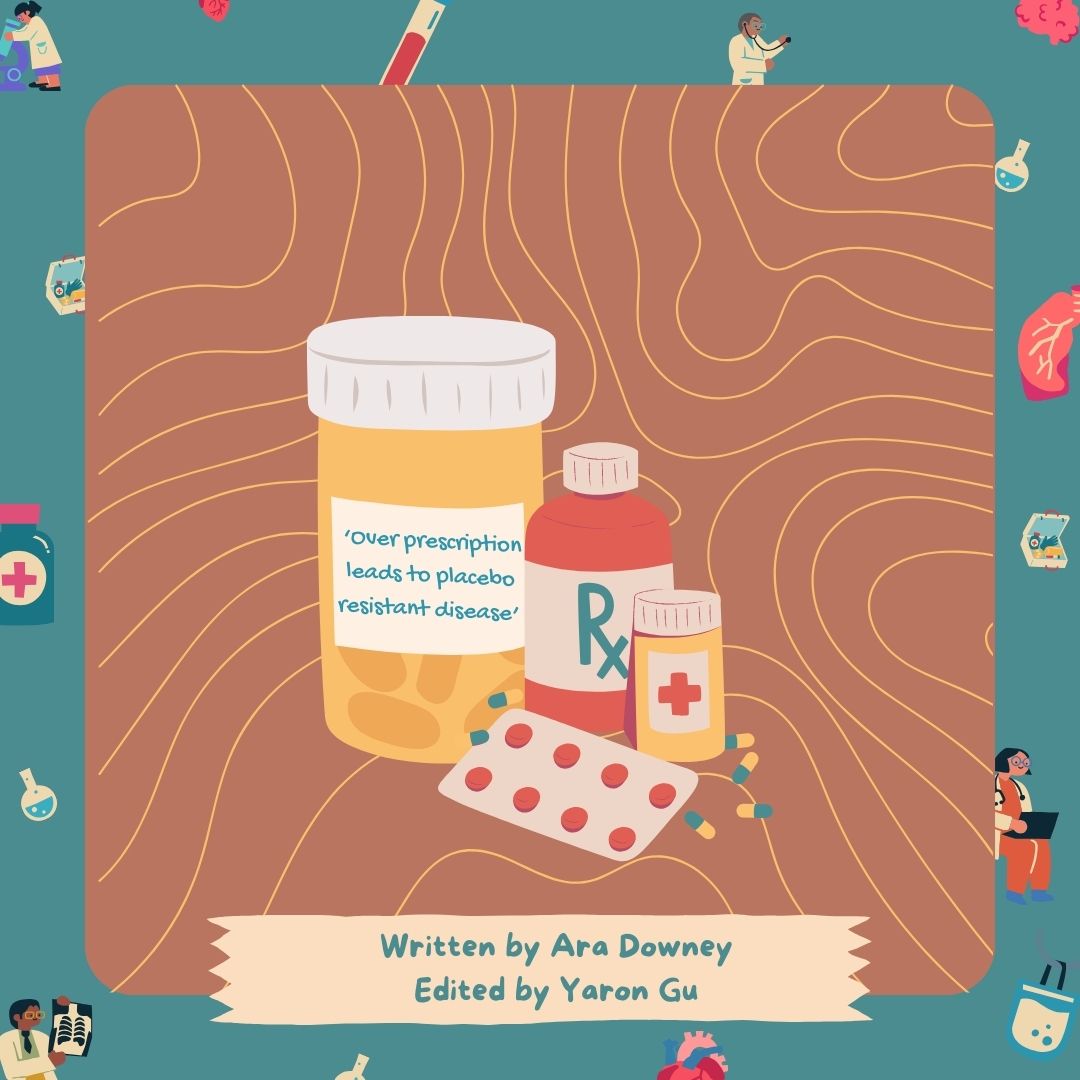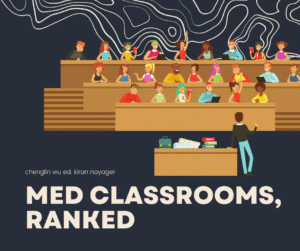
Written by Ara Downey and edited by Yaron Gu
SYDNEY, AUSTRALIA: Years into an epidemic of multiresistant bacterial species, healthcare professionals are battling a new fight: placebo resistance.
With new evidence emerging that opioids have similar, if not worse, pain management outcomes than placebo*, it’s no surprise that placebo drugs are being used as the primary pharmacological management for all sorts of conditions, from knee pain to IBS and everything in between. But it wasn’t long ago that antibiotics were once thought to be an undefeatable cure-all before the emergence of resistant bugs such as MRSA, and scientists fear that placebos may follow the same path.
Junior doctor Augustus Rookwood** says he is concerned. “I’ve prescribed placebos for three patients with COPD this year, and none of them have worked. I was never good at microbiology, but this has to be a pattern.”
New data shows that at least 30% of placebo treatments for conditions such as chlamydia, E. coli infection, and bacterial pneumonia fail to cause resolution. This is alarming. Bacteriologists speculate that if these common pathogens are capable of developing placebo resistance, it’s only a matter of time before we start to see more complex pathogens that are resistant to placebos — and potentially even capable of transmission from person to person.
Worse — it’s not just infectious diseases that are affected by this phenomenon. Orthopaedic surgeon Walden Macnair** reports an anecdotal finding that the majority of placebo drugs he’s prescribed for complex femur fractures have failed, with some patients even requiring surgery.
“If this pattern continues,” Dr. Macnair says, “I’m extremely worried about what treatment is going to look like for patients moving forward. Historically, if I had someone coming in with, you know, multiple fractures or a traumatic limb amputation, we knew we could always fall back on a placebo. If that’s out of the picture, I won’t know what to do.”
Is the era of the placebo coming to an end? Perhaps only time will tell — but in the meantime, doctors are preparing themselves to start looking for alternatives.
“I never thought we’d see the efficacy of placebos drop anywhere below 96%,” remarked medical student Antonin Dolhov**. “What do we turn to now? Prescribe drugs with active ingredients? That sounds very dangerous.”
It’s a common perspective. Drugs with active ingredients often have side effects. These can actually make patients feel unwell, which goes against the entire point of medication. When a patient takes multiple drugs with active ingredients, they may even interact with each other. Plus, it’s possible to prescribe the wrong drug. All of these issues present challenges for doctors when they are forced to step outside the box of placebos.
In the meantime, the Australian Medical Association has issued an official statement asking prescribers to limit their prescription of placebos where another treatment is likely to be appropriate. It’s hoped that decreasing usage will slow the development of placebo-resistant diseases. Some have called this decision ‘extreme’, but drastic times call for drastic measures.
We wish all healthcare professionals the best of luck as they navigate this obstacle, and hope to see new and improved placebos entering the market in years to come.
*This is true, and very important medical news (https://doi.org/10.1016/S0140-6736(23)00404-X), but this satirical piece should not be used as a source of genuine medical advice
**Real names have been substituted with the names of minor Death Eaters from Harry Potter











